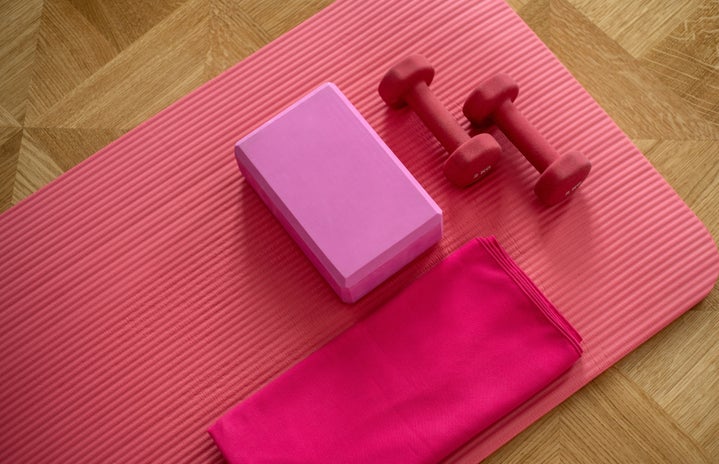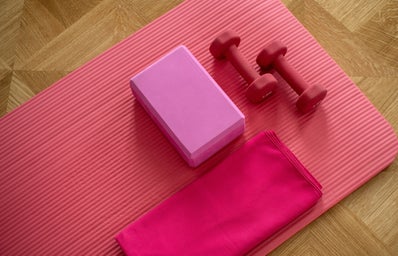Cycle your Workouts Pt.1
Periods suck! They give you cramps, make you feel weak, affect your mood and alter your athletic performance. Menstrual cycles cause your body’s hormones to fluctuate and will lead to different outcomes in your training goals. There’s not a lot of data on strength training and menstrual cycles. Menstrual cycles, in general, are highly variable from woman to woman, but there are some things you should consider that might be affecting you.
As an avid lifter, going to the gym during my period is the hardest part of the month. The cramps make me not want to leave my bed, the hormones make my head wonky and I get sad. Not only does your menstrual cycle affect your motivation to go to the gym, but training can affect your period too. It can cause cycle abnormalities like amenorrhea, the absence of a period; dysmenorrhea, painful periods; oligomenorrhea, infrequent or light cycles; and hypermenorrhea, excessive bleeding, or prolonged menstruation and cycle lengths. Much of these changes are due to exercise stress and other factors.
There are two main phases in the menstrual cycle, the follicular phase and the luteal phase. During the follicular phase, which includes menstruation and the time leading up to ovulation, estradiol, a form of estrogen, is on the rise. During the luteal phase, the time after ovulation, leading up to menstruation, progesterone and estrogen levels are high.
What does this mean? During estrogen dominance, the follicular phase, women are better at adapting to training. This part of your cycle is a prime time for high-intensity workouts. This can include running, cycling classes, or HIIT workouts. Towards ovulation, at the end of the follicular phase, around day 15, the overall strength is peaked and energy levels are highest. Go for a personal best! Push yourself! With progesterone low, the body’s overall pain tolerance increases.
In the luteal phase, progesterone levels are at their highest. This can cause the body to feel drained and you may have lower energy levels. This part of your cycle is a good time for restorative exercise. This can include lighter strength training, walking instead of sprinting, pilates or yoga. Low-impact workouts are key.
Some women are strongly affected by hormonal changes and some aren’t. There are Olympic athletes who compete well, even when on their period. However, it’s important to listen to your body. Everyone is different. Take rest days when needed. Eat when you are hungry and eat regularly. Check in with your body and energy levels before engaging in any exercise at all points in your menstrual cycle. Allowing yourself to take rest days is important for recovery and don’t beat yourself up if you’re not hitting personal bests right before your period.

